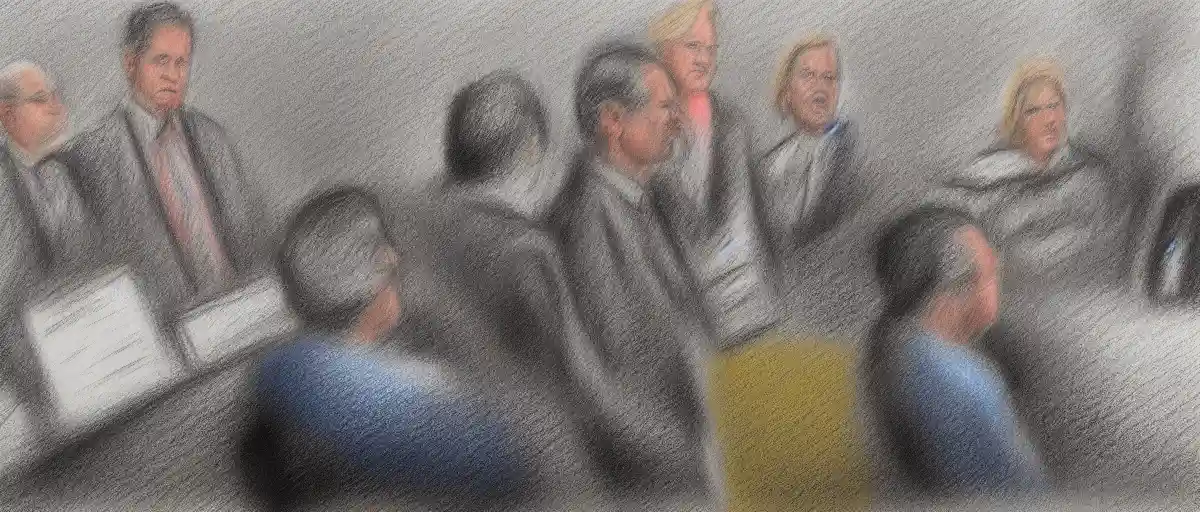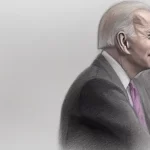You Might Find This Intriguing As Well:
The Controversial Strategies Texas Attorneys are Using to Circumvent Critical Race Theory Ban
The recent emergence of a video allegedly depicting attorneys from Thompson & Horton LLP advising teachers on how to navigate the ban on critical race theory (CRT) in Texas schools has ignited a fierce debate. To offer an alternative view, there are those who argue that educators have a responsibility to educate students about the historical context of racism and systemic inequalities. These supporters view the attorneys’ suggestions as creative ways to address important social topics while remaining within the confines of the law.
However, opponents of critical race theory contend that it promotes division and an overly negative depiction of America. To them, the video is evidence of intentional circumvention of the CRT ban, raising concerns about educators violating the law. They believe that instead of finding ways to incorporate critical race theory subtly, teachers should focus on teaching a unifying and positive narrative of American history.
Advocates for critical race theory see it as a crucial tool for understanding the complexities of racism and dismantling systemic inequalities. They argue that glossing over these issues would be a disservice to students and perpetuate ignorance. By introducing alternative terms like “social justice issues” or “diversity, equity, and inclusion,” educators can foster an environment where students can critically analyze the world around them.
Opponents, however, fear that critical race theory fosters a sense of victimhood and perpetuates a negative perception of America. They believe that teaching a narrative that highlights the successes and progress made in addressing racial disparities is a more constructive approach. Instead of framing discussions around race using alternative terms, opponents argue that teachers should focus on promoting unity and equality.
The release of the video by Project Veritas, an organization with a controversial reputation, raises questions about its authenticity and the credibility of the source. Project Veritas has been criticized in the past for selectively editing videos and using deceptive tactics to push a particular agenda. Given this track record, it is essential to approach their claims with caution and independently verify the information presented.
While the video may spark outrage and fuel the ongoing debate surrounding critical race theory, it is crucial to critically analyze the motivations behind its release and the potential biases of the individuals involved. To ensure an informed perspective, individuals should seek diverse sources of information and engage in open, respectful dialogue to better understand the complexities surrounding critical race theory in education.
Here's A Video We Thought You Might Also Like:
Author Profile

- As a business reporter, I thrive on dissecting complex financial matters, including their political implications. My articles explore how economic policies and political decisions shape the business landscape.
Latest entries
 Breaking News2023.12.19Revealing the Biden Family’s Troubling Tax Secrets A Closer Look Inside Their Financial History
Breaking News2023.12.19Revealing the Biden Family’s Troubling Tax Secrets A Closer Look Inside Their Financial History Breaking News2023.12.18Congressman Barr Endorses Trump The Impact on Kentucky and America
Breaking News2023.12.18Congressman Barr Endorses Trump The Impact on Kentucky and America Breaking News2023.12.17Top Official Quits Biden’s EV Agenda Amid Republican Opposition – What’s Next
Breaking News2023.12.17Top Official Quits Biden’s EV Agenda Amid Republican Opposition – What’s Next Breaking News2023.12.15Stunning Divide Among Senate Democrats Revealed in Border Talks!
Breaking News2023.12.15Stunning Divide Among Senate Democrats Revealed in Border Talks!






